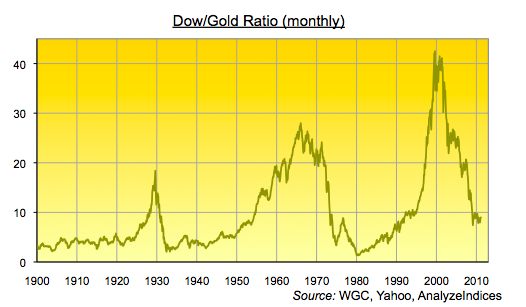Europe is trapped in a cycle where debt is being passed round and round in circles – the banks are bust so the Irish government bails them out; the Irish government’s debt is owned by other banks and if the government defaults, they go bust; the EU as a whole then tries to rescue both in opaque arrangements which are only sustainable because Ireland is so small; now Britain is getting involved.
Responding to debt crises in this way is entirely unsustainable, we potentially have crises in Italy and Spain around the corner and nobody can shoulder their indebtedness.
The EU has been sitting around doing very little for the last two years (except for dreaming up new regulations for the banks, hedge funds and private equity). What it and the nation states involved should have been doing is ensuring that banks can be wound up in an orderly fashion so that all providers of capital and credit potentially lose money except for depositors who were insured at the beginning of the crisis. The EU governments are simply underwriting mistakes made by private businesses and then blaming it all on “casino capitalists”.
The Irish government’s debt position would not, in fact, be that bad if it were not for the bank guarantees. Ireland is not another Greece (or Italy) – its underlying position is sound. The key issue has not changed since the beginning of the crisis – it is the need to recognise failed financial institutions for what they are and not load the cost of their bad loans onto taxpayers in general. At the beginning of the crisis, the bail-outs were understandable; we have now had two years to sort out proper legal mechanisms for winding up banks.



Philip,
I am not an expert on how to retire the too big too fail banks but I have been following the various arguments put to Sir John Vicker’s commission .From what I have seen so far it looks like structural reform will happen in some fashion and that will include the orderly breakup of existing bank models and the encouragement of many smaller banks.
The question is if that does happen what mechanism for taking over a failing bank should we have .
There is a model they have in the USA and a few years ago I remember listening to a very interesting podcast on how they go about the work to takeover a failing bank. Its thrilling and rightly very mundane at the same time .It starts like this :
On a mid-January night, some 80 agents of the Federal Deposit Insurance Corp. pull into Vancouver, Wash. Their rental cars are generic, their arrival times staggered. One by one, agents check into a hotel, each quietly offering a pseudonym to the guy at the desk.
you can read and or listen to the rest of the story here :
http://www.npr.org/templates/story/story.php?storyId=102384657
Robin
Former Fed governor Frederic Mishkin recently said: “the Federal Reserve is undergoing what he is calling an unprecedented level of attacks caused by its inability to articulate a clear message regarding its multitrillion-dollar monetary policies.”
Inability to articulate a clear message? A clear message? This idiot thinks that the Fed’s problem is its PR skill, rather than its actions. The Fed’s message is loud and clear: bail out bankster buddies at the expense of the country.
I agree with the major points Philip Booth made (and also found Robert Brownsell’s information on how a bank was wound up very interesting).
My problem is I cannot understand why, three years after the banking crisis, the bankers still have not been made legally responsible for the safekeeping of funds currently deposited with them. It does not appear to me to be a highly skilled job to avoid loosing massive sums. Low paid employees look after the Bank of England’s gold reserves. Insurance companies not only collect insurance premiums, invest these sums and provide insurance cover. Further Insurance companies generally don’t go bust (despite natural disasters etc) and if they do they pay a high price. Why are the bankers not required to look after our money a little more carefully. Why should’nt a banker to have to prove he was not negligent if a bank become insolvent to avoid being held liable for the financial losses people suffer. Banking currently represent’s an intolerable weakness to the capitalist system which is amazed the establishment tolerates (as they loose more than the poor).
My problem is I cannot understand why, three years after the banking crisis, bankers still have not been made legally responsible for safekeeping funds deposited with them.
It does not appear to me to be a highly skilled job to avoid loosing massive sums. Low paid employees look after the Bank of England’s gold reserves. Insurance companies not only collect insurance premiums, invest these sums and provide insurance cover. Further Insurance companies generally don’t go bust (despite natural disasters etc) and if they do they pay a high price.
Why are the bankers not required to look after our money a little more carefully. Why shouldn’t a banker have to prove he was not negligent if a bank becomes insolvent to avoid being held liable for the financial losses people suffer?
Corrected a mass of typo errors I made above. Too emotional I’m afraid.
Banking currently represent’s a major weakness to the capitalist system that is amazing that the establishment tolerates (as they loose more than the poor) yet the establishment has not required banks to stop being reckless “investors” with our money. Until bankers pay a penalty for losing when they “invest” our money in high risk investments that promise high returns they will continue to gamble with our money to inflate their bonuses.
I’m sure that if there were a “Reinsurer of Last Resort” that insurance companies would be in just as bad a state as banks.